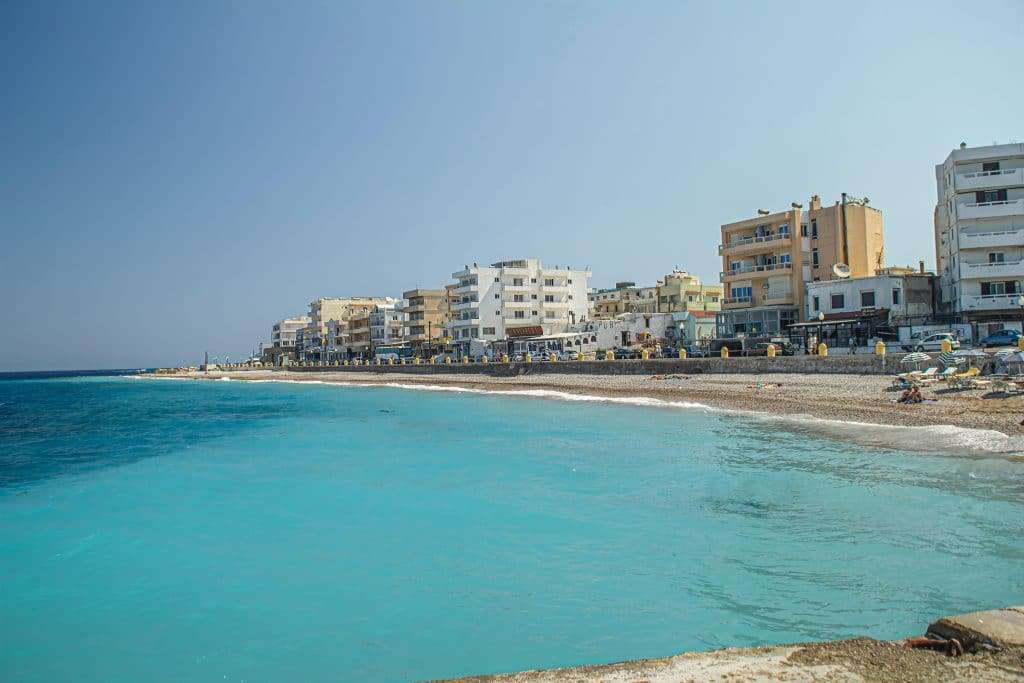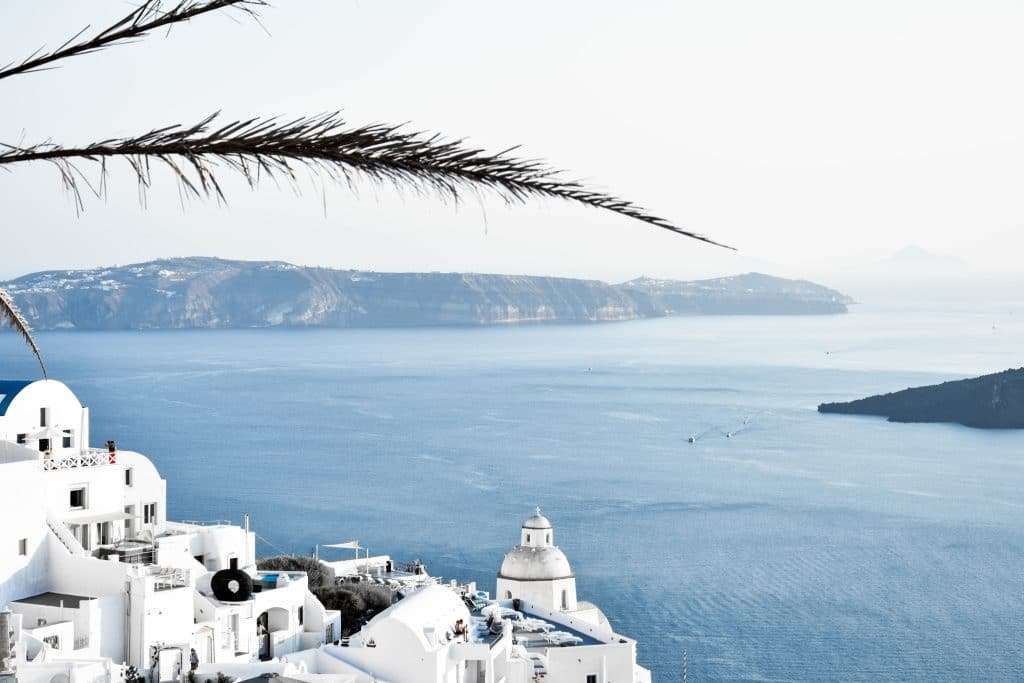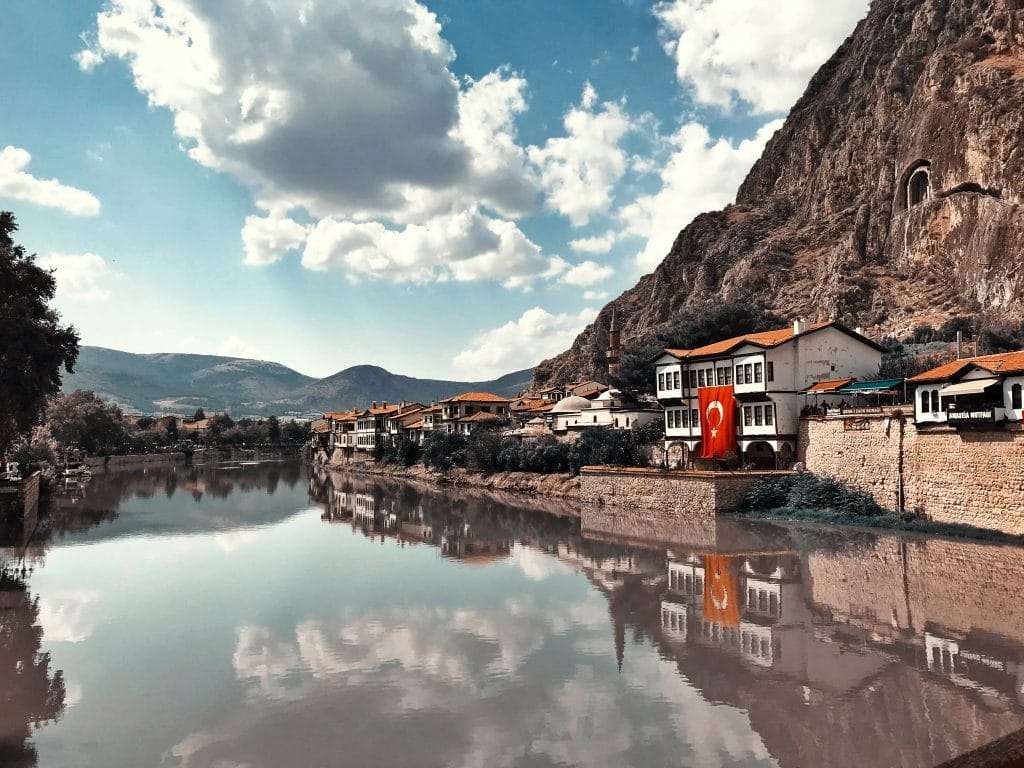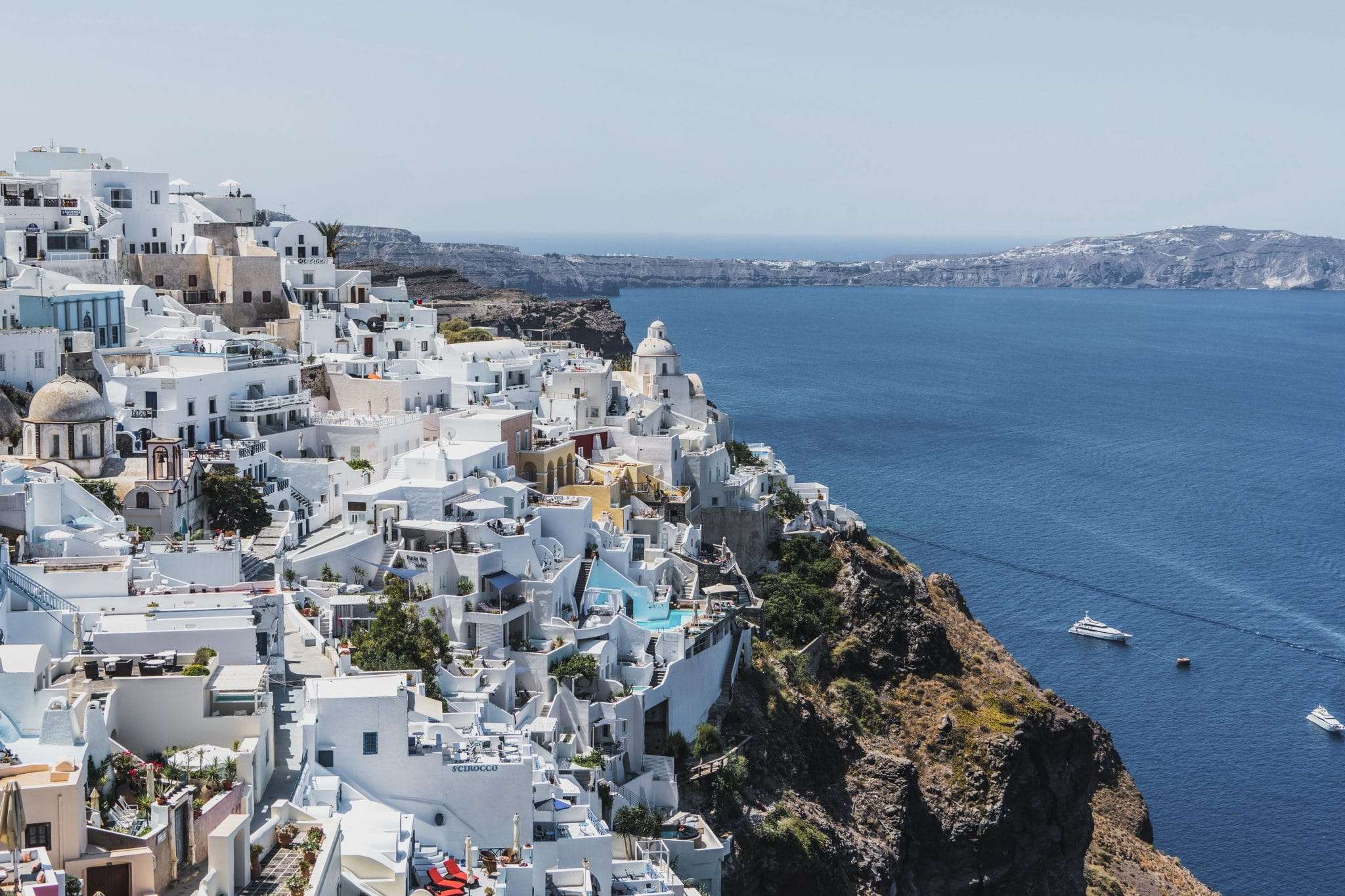Responsible eco-tourism is a focus for Greece and Turkey as both Mediterranean travel destinations embrace a slew of sustainability efforts.
Two of the most visited Mediterranean locations are bringing focus to responsible tourism with eco-efforts.
In Greece, a laboratory, a partnership with the international tourism company TUI, announced in 2022, will work to protect biodiversity and conserve resources. Dubbed the “Co-Lab,” the program will start on Rhodes Island, one of the most popular tourist locations in Greece.
Greece says it’s aiming to meet the EU’s carbon neutrality target by 2050.
The project is Greece’s first comprehensive approach to addressing the impact of tourism across public and private sectors.
“Tourism has positive effects: better opportunities for education and work, higher environmental standards and more prosperity,” Thomas Ellerbeck, chairman of the Board of Trustees of the TUI Care Foundation said in a statement.

“We want to strengthen and develop these aspects in this new cooperation. At the same time, it is about reducing emissions and the consumption of natural resources.”
“The Co-Lab is the first platform to make this overall account transparent for a major destination and to test new solutions. The entire tourism industry will benefit from this. Rhodes can become a blueprint for a successful sustainability transformation,” Ellerbeck said.
Sustainability in Greece
Among the goals of the lab are efforts to create jobs across the region. Greece was among the hardest-hit countries of the 2009 recession. Covid’s damper on tourism has also taken a toll.
“We faced huge difficulties over the last decade, but we are proud to say that in the islands of our region we came out stronger, more confident and determined to succeed in the future,” said George Chatzimarkos, Governor of the South Aegean Region.

Prime Minster Kyriakos Mitsotakis said Greece is a country that is clearly turning a page. “It’s leaving behind a decade of crises, of pain. And I think it’s a country that is really looking to embrace the challenges of the future,” he said.
“It is important to point out that in the United Nations sustainability goals, we do not just talk about environmental ecological sustainability, but also about social and economic sustainability.
Greece has seen its share of private-sector efforts to bring eco-tourism to the region, with sustainable hotels across the country. As Covid restrictions ease, the country is expecting three million tourists in 2022—a number that’s on par with pre-pandemic figures.
Sustainability in Turkey
Across the Aegean, Turkey is increasing its eco-tourism commitment, too. It recently signed a collaborative agreement with the Global Sustainable Tourism Council to achieve its sustainable tourism certification. It’s aiming to meet Paris Agreement targets on emissions after signing the accord last year.
Ratifying the Paris Climate Accord was required in order to continue commerce with EU countries. It also aligned the country with other commitments it agreed to, including the Vienna Convention for the Protection of the Ozone, the Montreal Protocol, the Rotterdam Convention, the Stockholm Convention on Organic Pollutants, the Kyoto Protocol, and the Barcelona Convention.

Turkey’s Environmental Protection Agency says it’s now working to develop a zero-waste management project aimed at improving recycling efforts. The effort is also expected to boost the economy. First lady Emine Erdoğan’s Zero Waste Project currently recycles more than 24 million tons of trash per year. The country is aiming for a 60 percent recycling recovery rate of 60 percent by 2035.
Biannual climate reports including GHG inventories will help Turkey meet its targets; it’s aiming to reduce emissions across all sectors by 21 percent by 2030. Its efforts include a national climate change action plan with targets for 2030 and 2050, as well as the creation of a climate research center. The move builds on its 2021 climate road map, “Fight Against Climate Change Declaration.” That report outlined efforts across waste recycling, reducing water, and regulating carbon in line with Paris Agreement-led economic incentives.
Ecotourism in Turkey
One of the most beloved tourist destinations in Turkey, Izmir, a coastal destination and home of the Temple of Artemis on the Aegean Sea, is stepping up its sustainability efforts. As one of the most important ports in Turkey, and one of the largest free trade zones, the city’s mayor says it’s also working to be one of the most sustainable destinations in the Mediterranean.
“Every municipality must understand that we have to look at the world with the new perspective created by the climate crisis,” mayor Tunç Sonyer told Efe.
Çağlar Tükel, an engineer at the Directorate of Climate Change and Clean Energy in the Izmir Metropolitan Municipality, says the increasing population makes the shift necessary.
“As the population of the city grows, there is more stress on and a greater threat to nature and our resources,” Çağlar says. “One of the biggest challenges is to maintain economic growth while protecting the environment and nature. Cities like Izmir are now more vulnerable to the adverse effects of climate-change crises, such as drought, flood, and extreme heat. Making Izmir a resilient city is challenging, therefore, but there is no other option.”
Izmir recently completed its Green City Action Plan, which includes improvements to public transportation with a new metro line, expected to serve 500,000 people annually. The city also recently announced a strategy to promote biodiversity. Izmir’s Strategy for Living in Harmony with Nature establishes a relationship between city and countryside, “blending this with current plans, while always keeping nature always in mind,” Tükel said.

At the national level, Turkey says the new agreement with the Global Sustainable Tourism Council will foster nationwide program criteria for sustainability efforts and bring inspection firms on board with appropriate training measures in order to help meet its targets. Like Izmir’s efforts, the national commitment sees the inclusion of a three-year agreement aimed at incorporating widespread sustainability standards into Turkey’s tourism sector. The country saw 30 million visitors last year even despite the pandemic.
On the other end of the Mediterranean, Monaco is increasing its efforts to become a more sustainable destination.
“It’s everybody’s responsibility,” Prince Albert II of Monaco said in a recent interview. “This fight for planet should be everybody’s concern, not just the wealthy. Everybody at their own level and at their own means can be effective and can play a role, from the way we feed ourselves, to the way we use personal and public transportation, to being more conscious about recycling. All these things don’t seem like much. But if millions or billions of people do them, then it will have a positive impact.”
Most recently, Turkey’s official tourism website, GoTurkiye, debuted dedicated sections that emphasize the country’s cultural and historical wonders and the efforts being taken to preserve them.
Nearly 30 places of historic interest are listed on the site. They include ruins and natural destinations. Turkey says it aims to bring travelers to these valuable treasures while also protecting them for future generations. The updated travel site also features a range of sustainable hotels and experiences.
Looking for a more tropical destination? Check out the sustainable hotels in Belize.
Related on Ethos:


